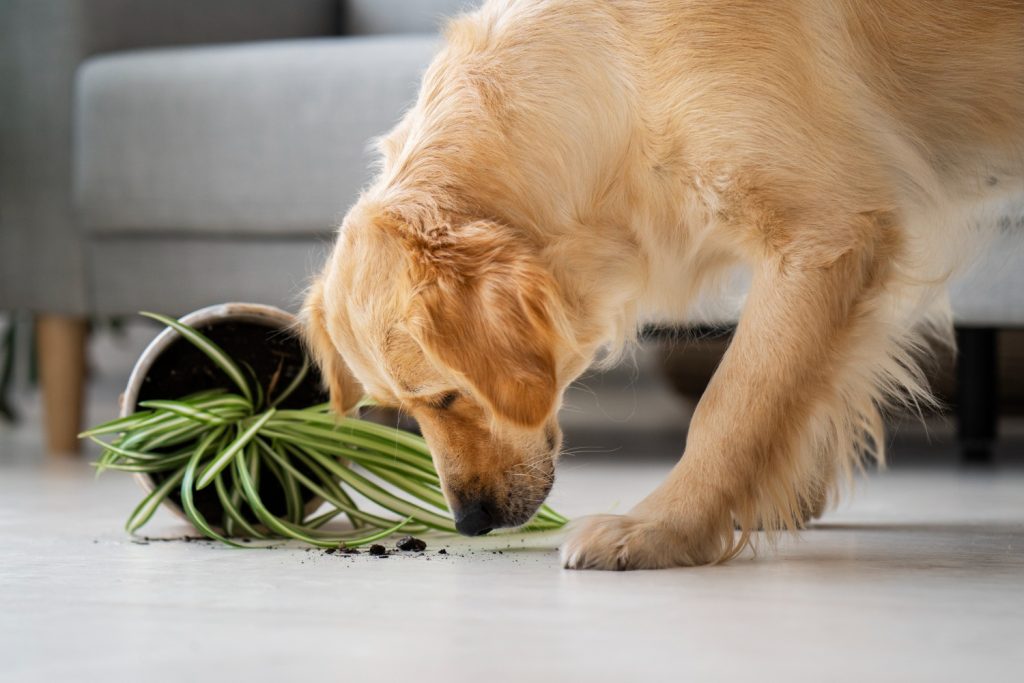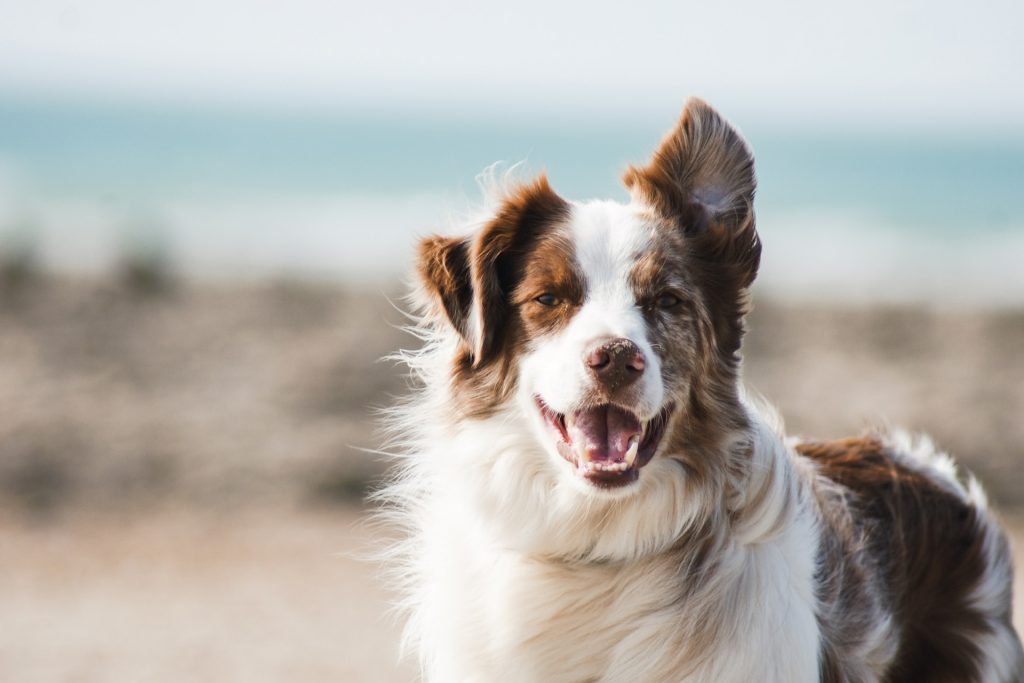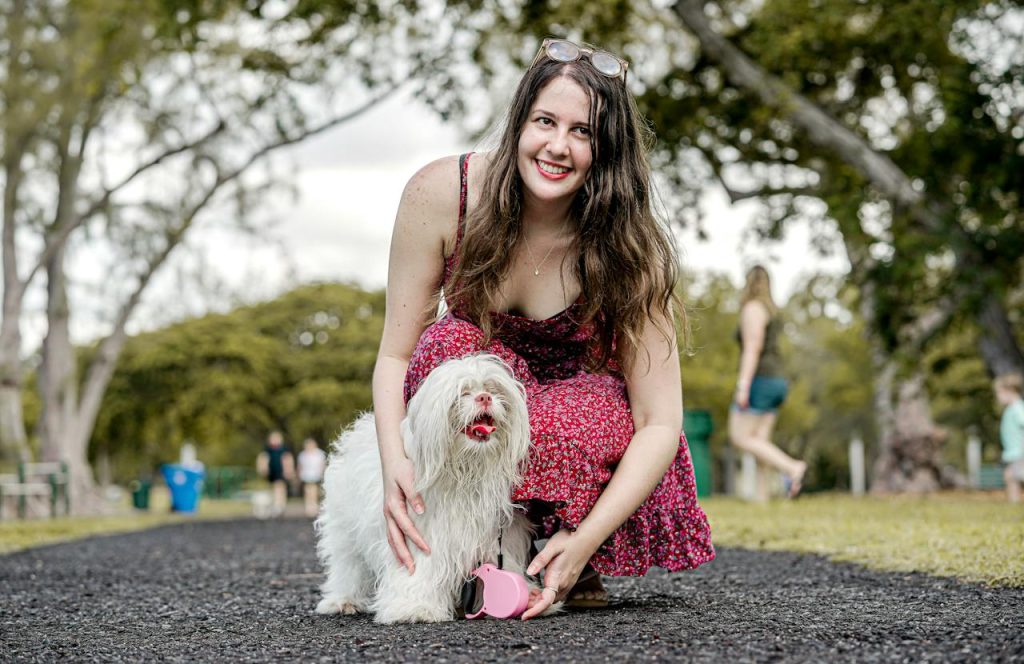Is Lemon Grass Safe for Dogs? | Know If Lemon Grass Safe For Dogs – See 2 Amazing Answers
Is lemon grass safe for dogs? If you have a dog pet, then you should be very careful with what your dog eats.
Cymbopogn Citratus commonly called lemon grass is listed as safe for planting in gardens. However, if you own a dog and your dog is going near the lemon grass plants, you should be concerned if the lemon grass is safe for dogs.
Lemon grass is not safe for dogs because it can cause great danger to your dog’s health. Although lemongrass plant poisoning is rare in dogs, they are very real. Lemon grass is a toxic plant for dogs to ingest in large amounts.
They can cause severe health issues. It is advisable that you learn everything you need to know about lemon grass and your dogs.
Contents
- 1 What is Lemon Grass
- 2 Is lemongrass Safe for dogs?
- 3 Symptoms of Lemongrass Poisoning in Dogs
- 4 Causes of lemongrass poisoning in Dogs
- 5 Diagnosis of LemonGrass Poisoning in Dogs
- 6 Treatment of Lemongrass Poisoning In Dogs
- 7 Should I allow my dog to eat Lemongrass?
- 8 Is lemongrass poisoning in dogs real?
- 9 Final Thoughts
What is Lemon Grass
Cymbopogn Citratus commonly called lemon grass is a fragrant herb plant commonly grown in Malaysian, East Indian, Thai, Vietnamese, and West Indian Dishes. It has a flavor like citrus with the smell of ginger.
Lemon grass is used to make soups, cosmetic purposes, medicines, perfumes, soap, insect repellent and so much more.
The Lemon Grass plant is frowned upon in Asian-origin countries. It is non-toxic and is listed on plants that can be grown in gardens. And it is greatly used for many useful purposes. However, is lemon grass safe for dogs?

Is lemongrass Safe for dogs?
Lemon grass is not safe for dogs because of the cyanogenic glycosides and oils in plants. Hence, this can cause poisoning in dogs.
But this can only happen when your dog ingests a great amount of the plant. Lemon grass in itself is not harmful but becomes harmful when your dog ingests it.
READ; No. 1 Tips About How to Measure a Dog For A Harness
It can cause symptoms such as digestive problems and stomach upsets. If your dog eats a small quantity of lemongrass it may likely cause mild health problems.
Symptoms of Lemongrass Poisoning in Dogs
If your dog eats a small portion of lemongrass from your garden, he is unlikely to have any side effects. However, if your dog eats a large amount of the plant, it can cause intestinal blockages.
There are symptoms to help you discover if your dog is suffering from lemongrass poisoning. The symptoms will start surfacing 24 hours after your dog consume the plant. Symptoms include;
- Abdominal pain
- Loss of appetite
- Fever
- Distended abdomen
- Shock
- Inability to defecate
- Vomiting
- Gastrointestinal issues
- Respiratory complications.
These are the common symptoms of what a dog who has consumed lemongrass will suffer from. If you own a lemongrass garden, and you notice any of these symptoms in your dog, then you should seek medical intervention immediately.
Causes of lemongrass poisoning in Dogs
Lemongrass is a popular herb plant among humans. It has so many useful functions which include medicines, cooking, making cosmetics, insect repellent, etc.
The oil from lemongrass can be used to make deodorants, perfumes, and shampoos. However, because of the high cyanogenic glycoside content, a large intake can be harmful to your dog.
Diagnosis of LemonGrass Poisoning in Dogs
As aforementioned, lemongrass is not poisonous in itself, but it is also not safe for dogs because of its high cyanogenic glycoside content.
If your pet develops the above symptoms after consuming lemongrass, then you should take your dog to see a veterinarian.
A complete blood count, urinalysis, and biochemistry profile will help to discover if any toxins or imbalances remain in your dog’s system.
READ; Do Bernese Mountain Dogs Shed: Get Top 1 Answer
Also, a physical examination will be completed by the veterinarian for any skin irritation problem.
If there are any Gastrointestinal issues or blockages, the veterinarian may find a mass while carrying out the physical examination where the clump is in the digestive system. Your dog may need to undergo an X-ray to get an accurate visual illustration.
Afterward, a test to see the toxins and imbalances will be carried out before treatment will commence. The veterinarian will interview you before any actions will be carried out.
Treatment of Lemongrass Poisoning In Dogs

After the diagnosis and testing from your pet clinic or hospital, this will help in providing the best treatment plan.
Treatments may include intravenous fluids for a start to help support your dog. Fluid therapies may be used to flush the mass out of your dog’s system.
X-rays will be carried out frequently to see if the mass has exited the gastrointestinal system completely.
READ; Dog’s Glands: 8 Ways To Express Dog Anal Glands Externally
In the case of acute gastrointestinal issues, surgery may be required to remove the mass and also treat any damage caused. If in the cause it is discovered that your pet ingested another harmful substance, measures will be taken to remove that particular substance.
Should I allow my dog to eat Lemongrass?
No, to keep your dog safe and avoid any emergency situations, it is best not to allow your dog to eat lemongrass at all. This could be detrimental to their health.
Is lemongrass poisoning in dogs real?
Yes, dogs can catch lemongrass poisoning when they eat a large amount of lemongrass.
Ask a Vet
In case your pet is sick, we advocate you converse with a vet ASAP.
JustAnswer means that you can discuss in real-time with veterinary consultants for a small price.
Final Thoughts
Lemongrass is not poisonous in itself. In fact, it is very useful. It is very important that you keep your dog from the lemongrass garden.
It is advisable that you are always alert to the possible risk in your environment to your pet and any change you notice in their behavior.
Lemongrass may be safe but pesticides sprayed on them can be awfully harmful to your dog. The best way to keep your dog safe is to keep it environmentally safe too.


